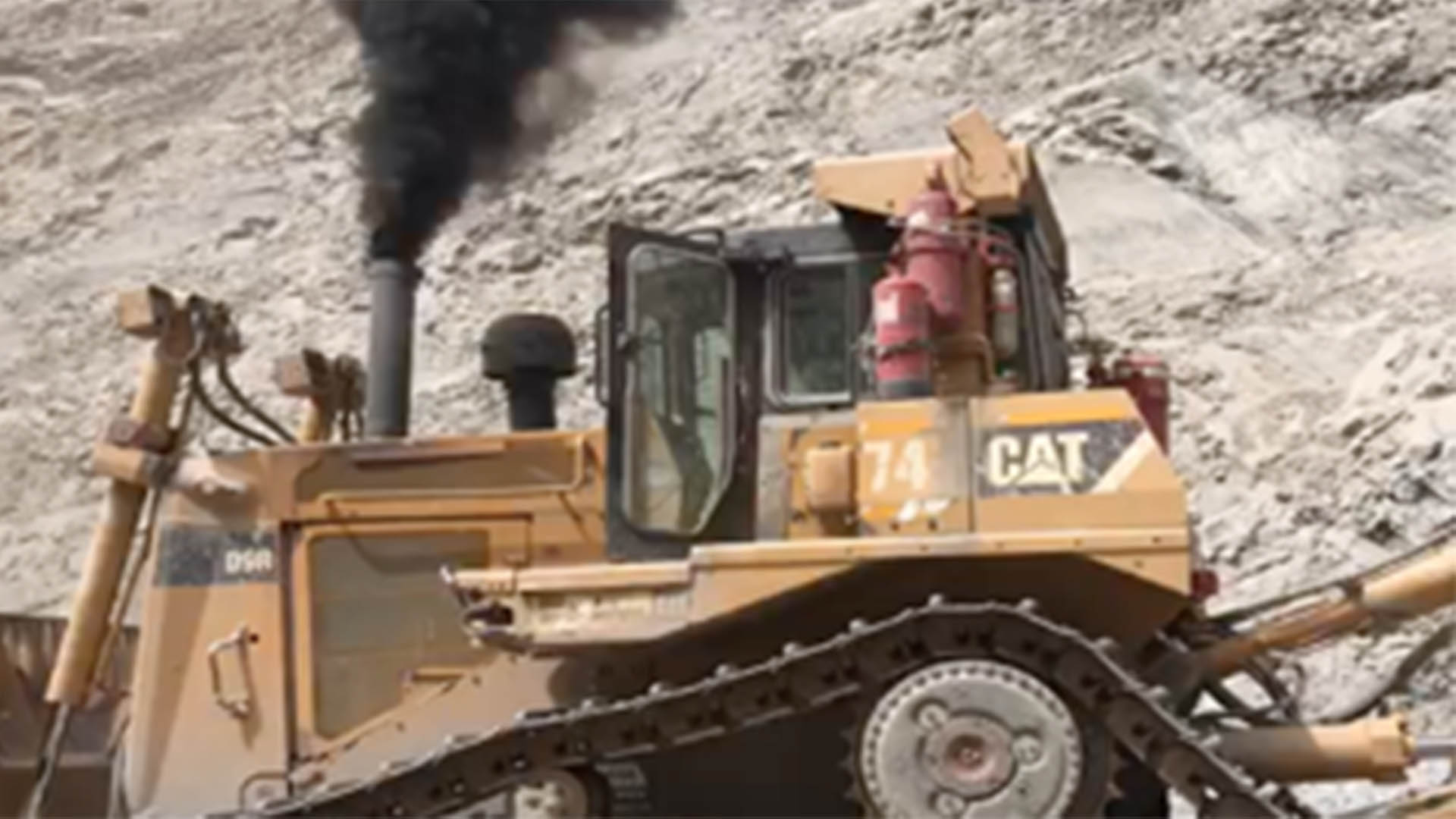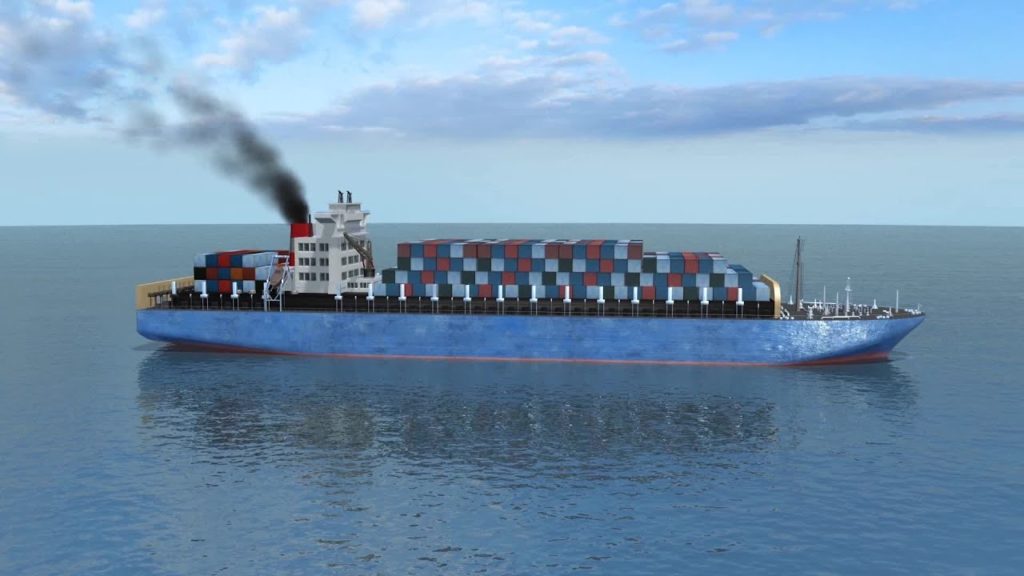Our Fuel Additives immediately reduce harmful emissions and fuel consumption.
Today, science tells us, we as a people, need to reduce our carbon footprint, which is what these additives will help to achieve.
IESG has secured the rights to Fuel Additives, which until recently, were only available in limited quantities outside of the USA. These can be used in the fight to reduce the emissions of noxious and greenhouse gases, emitted from all types of diesel fueled equipment. These additives comprise a combustion catalyst, increasing combustion efficiency, releasing more of the available power and reducing exhaust temperatures, NOx and CO2.
A more efficient combustion also provides the benefit of better fuel consumption. For every litre of diesel fuel saved, typically reduces emissions of Carbon Dioxide by more than 2.5 KG. As a cost benefit to business, the reduction in fuel and maintenance costs more than offsets the cost of the additive.
As an independent supplier we have a range of additives to meet the individual needs of our clients.
Proven for more than 30 years these meet with various International standards, registered with the US Environmental Protection Agency (EPA) and some are certified for use with the US Military
To learn more about our products and how they can benefit your Business or Organisation get in touch.
This Bull-Dozer, was working at a mine.
Prior to the fuel being treated with Additive, it was emitting clouds of Soot and smoke.
After treating with our Additive containing Combustion Catalyst, this has proven to reduce:
Not only are emissions reduced but also maintenance and fuel costs. This machine achieved considerably more than 10% fuel savings. Indicative fuel saving range between 4% and 10% depending upon fuel, machinery and altitude.



Polluting emissions such as, Particulate Material, Soot and Smoke, and unburned Hydrocarbons are products of an incomplete combustion.
The latest Fuel Additive formulations with Combustion Catalysts, have been shown to typically reduce emissions of soot and smoke by up to 50%.
Engine type, age and condition together with altitude can have an effect on the emissions produced.
Recent trials have achieved Smoke emisison reductions exceeding 50%
These additives are being continously developed to keep pace with the introduction of new fuels.
© 2022 International Environment Sustainability Group Limited – All rights reserved